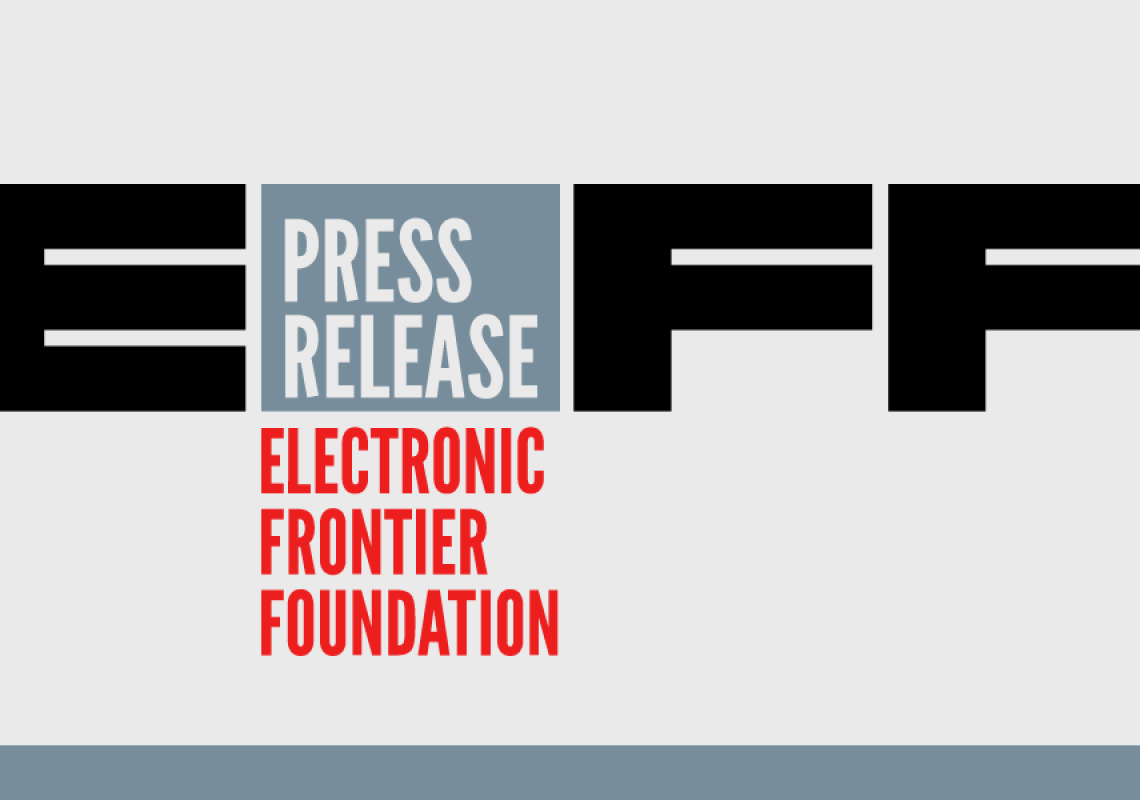Washington, D.C.—The Electronic Frontier Foundation (EFF) urged the Supreme Court to rule that when students post on social media or speak out online while off campus, they are protected from punishment by school officials under the First Amendment—an important free speech principle amid unprecedented, troubling monitoring and surveillance of students’ online activities outside the classroom.
EFF, joined by the Brennan Center for Justice and the Pennsylvania Center for the First Amendment, said in a brief filed today that a rule the Supreme Court established in the 1960s allowing schools to punish students for what they say on campus in some limited circumstances should not be expanded to let schools regulate what students say in their private lives outside of school, including on social media.
“Like all Americans, students have free speech protections from government censorship and policing,” said EFF Stanton Fellow Naomi Gilens. “In the 1969 case Tinker v. Des Moines, the Supreme Court carved out a narrow exception to this rule, allowing schools to regulate some kinds of speech on campus only in limited circumstances, given the unique characteristics of the school environment. Interpreting that narrow exception to let schools punish students for speech uttered outside of school would dramatically expand schools’ power to police students’ private lives.”
In B.L. v. Mahanoy Area School District, the case before the court, a high school student who failed to make the varsity cheerleading squad posted a Snapchat selfie with text that said, among other things, “fuck cheer.” She shared the post over the weekend and outside school grounds—but one of her Snapchat connections took a screen shot and shared it with the cheerleading coaches, who suspended B.L. from the J.V. squad. The student and her family sued the school.
In a victory for free speech, the U.S. Court of Appeals for the Third Circuit issued a historic decision in the case, holding that the school’s limited power to punish students for disruptive speech doesn’t apply to off-campus speech, even if that speech is shared on social media and finds its way into school via other students’ smartphones or devices.
EFF also explained that protecting students’ off-campus speech, including on social media, is critical given the central role that the Internet and social media play in young people’s lives today. Not only do students use social media to vent their daily frustrations, as the student in this case did, but students also use social media to engage in politics and advocacy, from promoting candidates during the 2020 election to advocating for action on climate change and gun violence. Expanding schools’ ability to punish students would chill students from engaging online with issues they care about—an outcome that is antithetical to the values underlying the First Amendment.
“The Supreme Court should uphold the Third Circuit ruling and guarantee that schools can’t chill children and young people from speaking out in their private lives, whether at a protest, in an op-ed, in a private conversation, or online, including on social media,” said Gilens.
For the brief:
https://www.eff.org/document/eff-amicus-brief-bl-v-mahanoy
For more on free speech:
https://www.eff.org/issues/free-speech
On the biggest internet platforms, content moderation is bad and getting worse. It’s difficult to get it right, and at the scale of millions or billions of users, it may be impossible. It’s hard enough for humans to sift between spam, illegal content, and offensive but legal speech. Bots…
On December 1, hours before Texas’ social media law, HB 20, was slated to go into effect, a federal court in Texas blocked it for violating the First Amendment. Like a similar law in Florida, which was blocked and is now pending before the Eleventh Circuit Court of Appeals,…
San Francisco—The Electronic Frontier Foundation (EFF) and a coalition of civil society organizations and academics today released the second edition of the Santa Clara Principles on Transparency and Accountability In Content Moderation, adding standards directed at government and state actors to beef up due process and expanding guidelines for…
Along with the trove of “Facebook Papers” recently leaked to press outlets was a document that Facebook has, until now, kept intentionally secret: its list of “Dangerous Organizations and Individuals.” This list comprises supposed terrorist groups, hate groups, criminal groups, and individuals associated with each, and is used to filter…
A UN human rights committee examining the status of civil and political rights in Germany took aim at the country’s Network Enforcement Act, or NetzDG, criticizing the hate speech law in a recent report for enlisting social media companies to carry out government censorship, with no judicial oversight of content…
Facebook needs to be reined in. Lawmakers and everyday users are mad, having heard former Facebook employee Frances Haugen explain how Facebook valued growth and engagement over everything else, even health and safety. But Congress’s latest effort—to regulate algorithms that recommend content on social media platforms—misses the mark.We need…
This post is the first of two analyzing the risks of approving dangerous and disproportionate surveillance obligations in the Brazilian Fake News bill. You can read our second article here.The revised text of Brazil’s so-called Fake News bill (draft bill 2630), aimed at countering disinformation online, contains both…
We get a lot of requests for help here at EFF, with our tireless intake coordinator being the first point of contact for many. All too often, however, the help needed isn’t legal or technical. Instead, users just need an answer to a simple question: what does this company…
Back to top






